'Lost history becomes erased history': How one project aims to preserve Bronzeville's history
Milwaukee’s Black community has a rich and deep history that’s largely unknown or often ignored.
The co-founders of an online digital research platform are working to change that.
Patricia Diggs and Kitonga Alexander created the Bronzeville Histories Institute to unearth those stories and digitize them through its web-based platform Milwaukee Bronzeville Histories project. The effort is funded by a grant from the Greater Milwaukee Foundation.
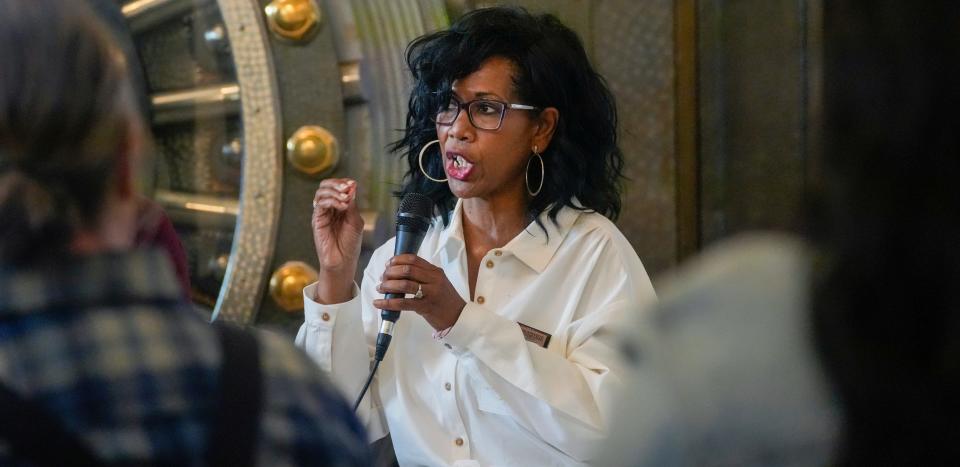
The institute will use blog posts, audio and video to digitize not only pictures and family photos of Milwaukee’s Black community but also capture families’ oral histories.
“It’s about the power of place,” said Diggs, who collaborated with Milwaukee PBS on the 2008 documentary “Punching In.” The film examines the loss of manufacturing jobs on the city’s Black middle class.
“The effort helps people understand where they came from, who they are and where they are going while exploring and discovering more of one’s family’s history,” she said.
Diggs recounted her own family’s history as part of the story of Black Milwaukee. She remembers when racial boundaries formed by restrictive covenants started to fall allowing Blacks to move north of Capitol Drive. When her family moved to North 15 Street and West Capitol Drive in the late '60s, they were the second Black family on the block.
“I look at some of my school pictures and it was mainly white kids there,” Diggs recalled. “By the 1970s, it was all Blacks and I remember my white friends just moved away.”
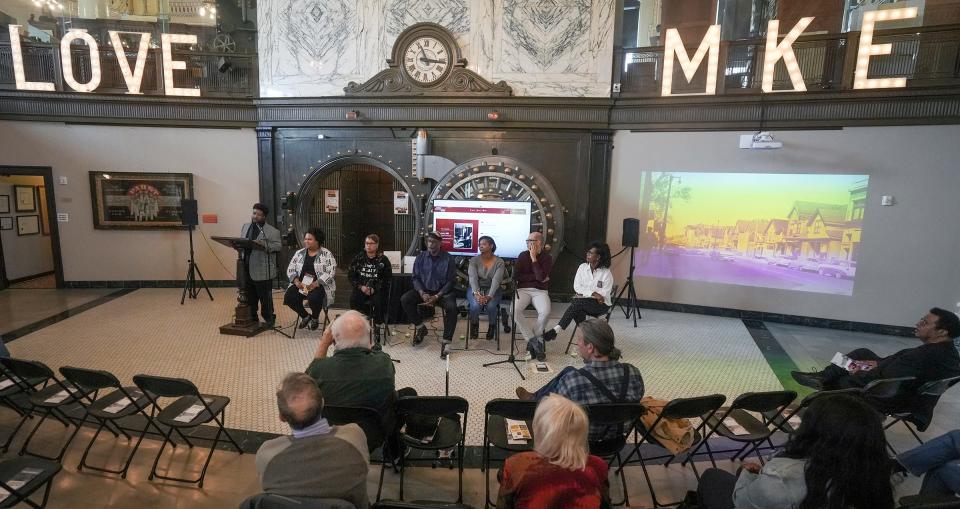
It’s similar stories that the institute wants to capture. Older Black Milwaukee residents who lived in the Bronzeville area or in the 60s and 70s, hold some of that Black Milwaukee history, she said.
“There are so many stories to tell, so many periods in Black history in the Black community to be revealed. We need a concentrated effort to be able to do this,” Diggs said. “The digital lab is to bring these stories to the forefront of Milwaukee history.”
Most people know the story of the Harlem Renaissance but don’t realize Milwaukee had a similar cultural presence with a thriving nightlife, said Alexander, an adjunct instructor of history and ethnic studies at the University of Wisconsin Milwaukee.
“Milwaukee had its own version of Harlem, but without telling it no one will recognize it or remember it,” Alexander said.
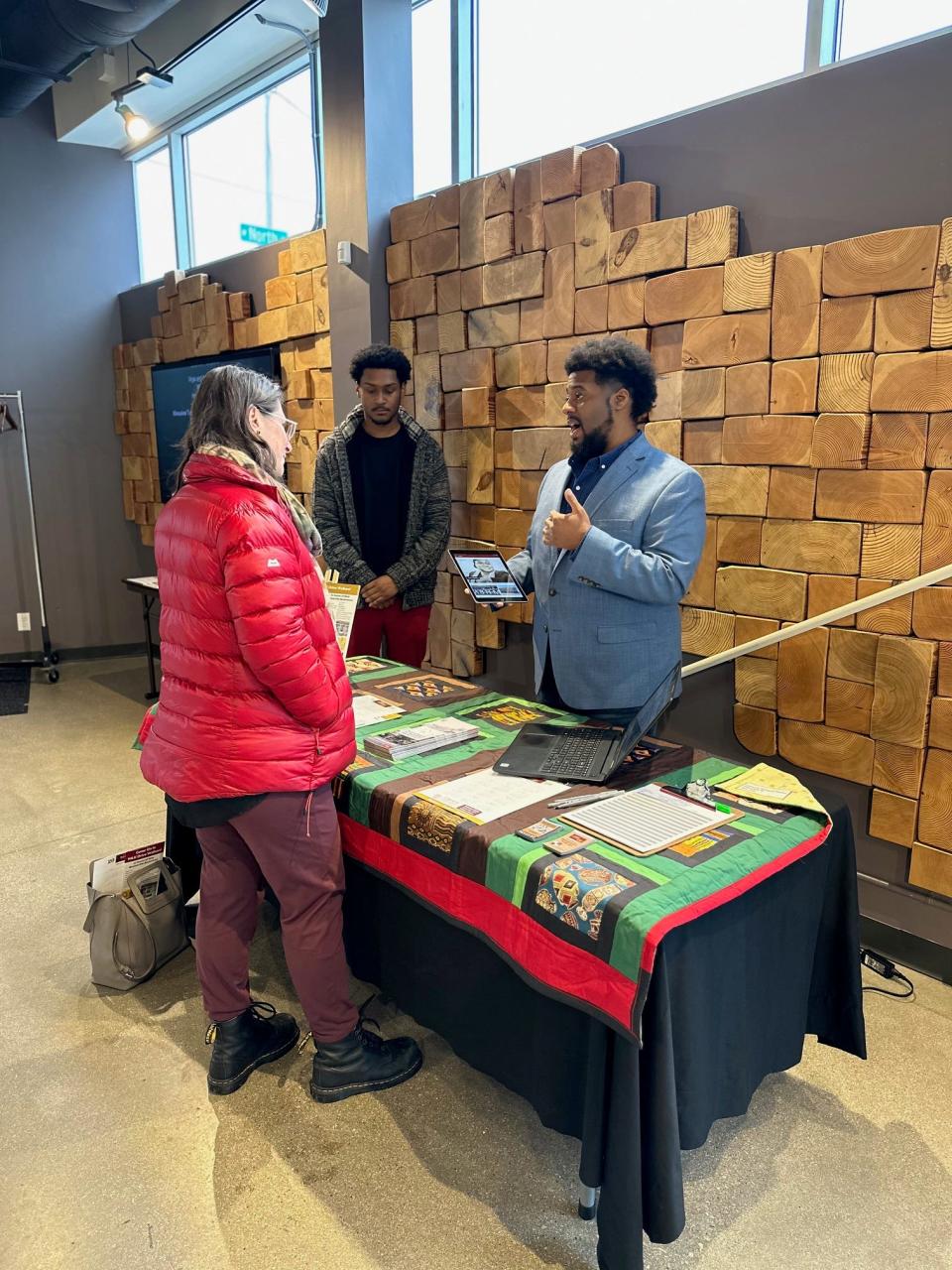
Diggs and Alexander have already begun collecting stories by working with America’s Black Holocaust Museum hosting events seeking participants interested in sharing family history. Alexander is also using the city’s Negro Business Directory from the early 1950s as well as word of mouth to generate leads.
Alexander cited businessman Larry Hill as an example. Alexander was already researching him when he discovered that Ray Hill of the Historic King Drive Business Improvement District was his granddaughter. He said she and her mother, Zenda Thomas, were able to add details about her grandfather to flesh out his history. Other profiles include the political dynasty of the Coggs family and the founder of Glorious Malone’s Fine Sausage.
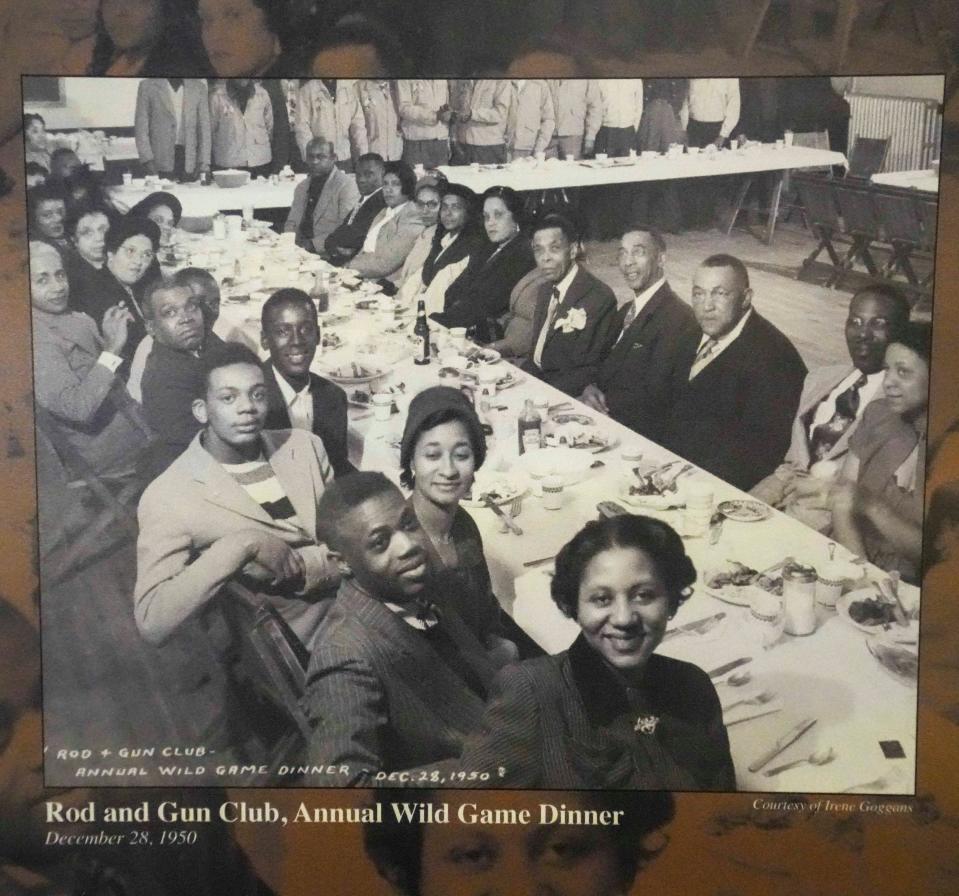
“Even though we are doing academic research to back up these stories, there is nothing like the oral histories that are passed down generationally to actually fill any gaps,” said Alexander, an adjunct instructor of history and ethnic studies at the University of Wisconsin Milwaukee.
“I can find an address. I can find a business name, when the business opened and closed. But I can’t actually tell the blood sweat and tears part as to how that (business) came about,” he added. “That is why we want to add on the oral stories because that will give us the full and complete story.”
Another goal of the institute aims to highlight future Black history makers. To achieve that, the institute goes into schools and summer youth programs to do educational programming year-round on local Black history not just doing Black History Month.
The program challenges students to create what their potential contributions to the community will be.
“The whole idea is how would you be recognized in the future as a person on this website,” Alexander said.
But a bigger goal of the institute is to become the go-to online resource for academic research on Black life across the country. Alexander wants the site to be used by scholars and students from college to grade school.
“The idea for the Bronzeville Institute is to be able to tell the story of Black communities throughout the United States past and present,” Alexander said.
With virtual annexes in Washington, D.C., and Los Angeles, digitizing these histories is a way to connect “Bronzevilles” across the country. Cities like Chicago, Columbus, Ohio and Milwaukee had concentrated areas where Black people lived and thrived.
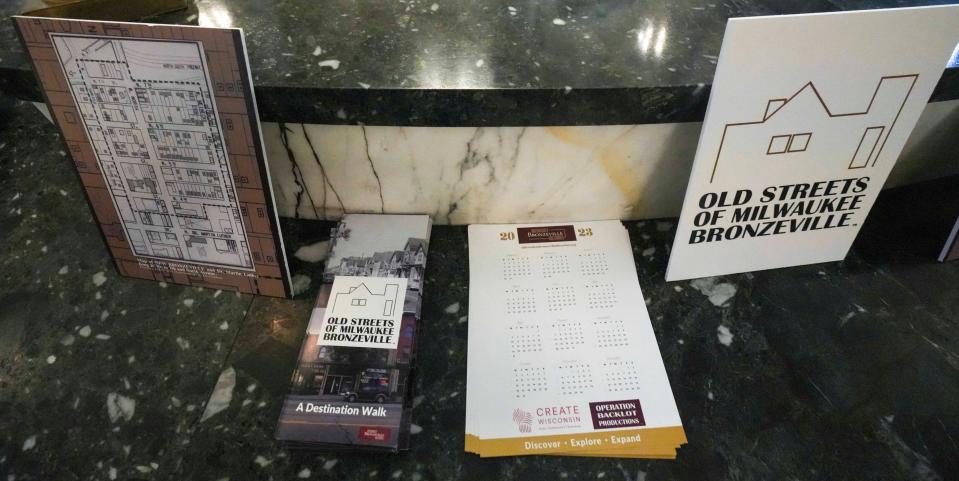
During the Great Migration, which spanned from the 1910s to the 1970s, Black people moved from the South to the North seeking better lives, and they birthed many of these neighborhoods and communities. Both Alexander and Diggs said many of these areas later saw their demise by mob violence or racist policies like urban renewal and even the federal highway program.
People, he said, often hear stories of thriving Black neighborhoods, communities or entire cities that no longer exist and is now lost to history. Oscarville, Georgia is one such place that is now covered over by Lake Lanier.
“Lost history becomes erased history,” Alexander said.
“We want those places to all be recognized in one location. A person can come to a map of the United States and see the Bronzevilles all over the United States from one location.”
This article originally appeared on Milwaukee Journal Sentinel: How a Milwaukee project aims to preserve Bronzeville's history

